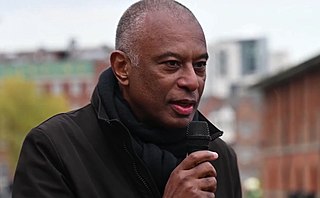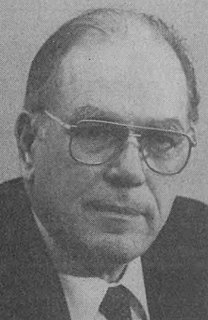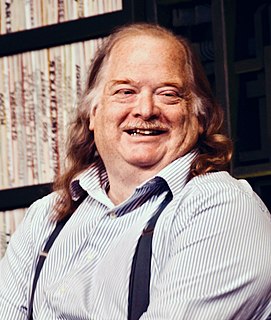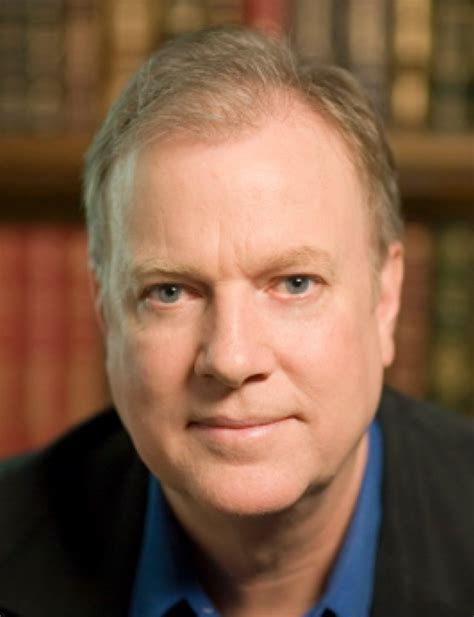A Quote by Malinda Lo
Traditional murder mysteries are interesting because they're ostensibly about a horrible thing - murder - but underneath that, they're about restoring order to a messed-up world. By the end of a whodunit, the detective has taken the reader through all the reasons why this terrible thing happened. Through that explanation, and by seeing the killer captured, the reader feels a sense of catharsis.
Related Quotes
I'm concerned about a better world. I'm concerned about justice; I'm concerned about brotherhood; I'm concerned about truth. And when one is concerned about that, he can never advocate violence. For through violence you may murder a murderer, but you can't murder murder. Through violence you may murder a liar, but you can't establish truth. Through violence you may murder a hater, but you can't murder hate through violence. Darkness cannot put out darkness; only light can do that.
Why are murder mysteries so popular? There's a 3-part "formula" (if you want to call it that) for a genre novel: (1) Someone the reader likes and relates to (2) overcomes increasingly difficult obstacles (3) to reach an important goal. The more important the goal, the stronger the novel. And the most important goal that any of us have is survival. That's why murder mysteries are more gripping than a story titled "Who Stole My TV Set.
In my couple of books, including Going Clear, the book about Scientology, I thought it seemed appropriate at the end of the book to help the reader frame things. Because we've gone through the history, and there's likely conflictual feelings in the reader's mind. The reader may not agree with me, but I don't try to influence the reader's judgment. I know everybody who picks this book up already has a decided opinion. But my goal is to open the reader's mind a little bit to alternative narratives.
I feel that non-violence is really the only way that we can follow because violence is just so self-defeating. A riot ends up creating many more problems for the negro community than it solved. We can through violence burn down a building, but you can't establish justice. You can murder a murderer, but you can't murder murder through violence. You can murder a hater, but you can't murder hate. And what we're trying to get rid of is hate, injustice, and all of these other things that continue the long night of man's inhumanity to man.
Why all this insistence on the senses? Because in order to convince your reader that he is THERE, you must assault each of his senses, in turn, with color, sound, taste, and texture. If your reader feels the sun on his flesh, the wind fluttering his shirt sleeves, half your fight is won. The most improbable tales can be made believable, if your reader, through his senses, feels certain that he stands at the middle of events. He cannot refuse, then, to participate. The logic of events always gives way to the logic of the senses.
What's happened is that our government has been taken over by a secret government, which is associated with President Obama. And this has gone through one step and another. We've just gone through another step, which is actually, really mass murder, mass murder of citizens of the United States - the only term you can call it.
The ultimate weakness of violence is that it is a descending spiral, begetting the very thing it seeks to destroy. Instead of diminishing evil, it multiplies it. Through violence you may murder the liar, but you cannot murder the lie, nor establish the truth. Through violence you may murder the hater, but you do not murder hate. In fact, violence merely increases hate... Darkness cannot drive out darkness: only light can do that. Hate cannot drive out hate: only love can do that.
Characters who are absolutely sure about what they do, who plunge ahead without fear, are not that interesting. We don’t go through life that way. In reality, we have doubts just like everyone else.
Bringing your Lead’s doubts to the surface in your plot pulls the reader deeper into the story, and this is an excellent way to coax the reader to lose himself in the story world you’re about to create.



































